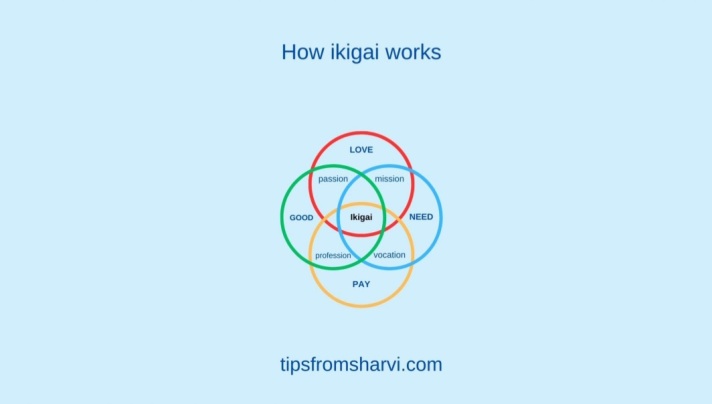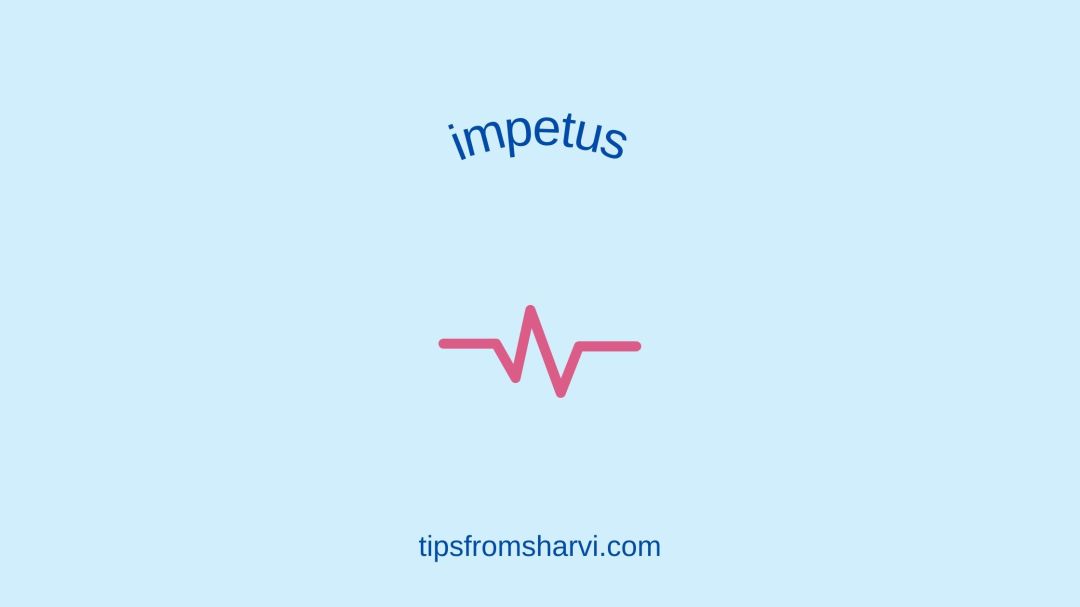Find ikigai examples to support your success. Are you living the life that you intend to live? Have you taken a few steps back to consider what you want to achieve in life, and then take a better leap forward? Find how using the framework can benefit you.
I was living my life aimlessly until I decided to find my life purpose. Blogging and solopreneurship have made a significant difference in my life. Find out more about this fascinating concept in my post.
Getting into any field is normally a long-term matter. It also happens that people change careers or professions during their lifetime. Even business people need to switch areas of activity when necessary.
Finding your life purpose and pursuing it is fun. It’s natural. When days are tough, you can get by them more easily.
What ikigai means?
‘Ikigai (生き甲斐, lit. ’a reason for being’) is a Japanese concept referring to something that gives a person a sense of purpose, a reason for living.’ – Wikipedia.
Why is ikigai important?
Knowing your life purpose and direction is key to a fulfilling life. If you don’t set meaningful goals, you won’t work on things you genuinely need or even care about. It’s a concept that helps you, and you can use it if you choose to.
I spent years doing things that weren’t what I truly desired. I started a corporate job, moved to others, and never found what I wanted. However, one day, I decided to find my purpose and live my innate desires.
I chose to work from home and benefited from my business degree. I also continue learning on an ongoing basis. It was a tough decision, but worthwhile.
Ikigai examples
Read on for 6 examples of how the concept supports you in life. These apply in many scenarios. Have your goals in mind.
6 examples of how the framework helps in life:
- You ponder about and find your life purpose.
- You work on things that you genuinely need and care about.
- You’re more likely to remain motivated in your endeavors.
- You’re more likely to choose the right profession/career or business for yourself.
- You will do meaningful things in life.
- You unify the 4 key components in life, namely, passion, mission, vocation, and profession.
Why you need ikigai
4 key components are passion, mission, vocation, and profession. They all converge.

What you love
Doing what you love unites passion and mission. Being and remaining motivated keeps you going. If you choose the wrong goals and direction, you’re likely to give up sooner or later.
What the world needs
This one overlaps with mission and vocation. Choose a field, business idea, or anything that you love, knowing that it’s in demand and will be so for a reasonable amount of time. You can’t predict the future (I suppose), but with some research, you should know if your preference is valid. In other words, the world needs it and others will benefit from it.
What you can be paid for
This brings together vocation and profession. Of course, we all need to make a living. Go for something that you love and that will bring you the type of lifestyle that you aim for. Sometimes, even hobbies can also develop into a full-time business or side hustle.
What you’re good at
This circle includes profession and passion. Going to university, developing key skills, exploiting your talent. There are a variety of ways for personal development. However, go for something that you love and are good at for a profession.
Strategic level decisions
Choosing to become a blogger, for example, should be a careful decision. You’re likely to put in months, even years before seeing results. That’s one of the reasons why many new blogs don’t make it past their first year.
Choose your niche carefully. See if it’s feasible. Research if you can monetize your idea.
Find the pain points of your ideal clients. Find the solutions, and offer them. Always improve your products through feedback.
This is a blogging example that I’ve given. It can apply to other contexts. The key idea is purpose.
There are endless ways that ikigai life purpose can support you. Nail down your 4 key components. Then, let your passion, mission, vocation, and profession guide you.
Go through the steps. Find your passion, mission, vocation, and profession.
Do what you love. It should be something that the world needs. People should be willing to pay for it. You should also be good at it.
Conclusion
What a wonderful, yet simple concept. Know and live your life purpose. The ikigai examples I listed are a starting point.
Editor’s Note: This blog article was last updated on 29 September 2025 for better accuracy and comprehensiveness.


An excellent post! Ikagai helped me immensely too. Very well written.
LikeLiked by 4 people
Thanks for sharing your experience, Parneet. Have a great day.
LikeLiked by 2 people
I’m not sure if I am following the pattern or framework of ikigai, but I know that what I am currently doing in life gives me a sense of purpose. I have no regrets on whatsoever I did, and I keep on learning.
LikeLiked by 3 people
Thanks for sharing your experience, Blair.
LikeLike
I have never heard of ikigai but I liked the way you have expressed it. I would like to know more about it.
LikeLiked by 3 people
You may find out more from the course if you wish to.
LikeLike
I like this…a reason for being and a good way to clear your mind, reflect and enhance life…take care and thanks for this. x
LikeLiked by 3 people
My pleasure & enjoy your day.
LikeLike
I’ve not come across ikigai before, it sounds absolutely fascinating. It can be so hard to work out what you want to commit your energy to and it’s hard to coach people through that challenge, I’ll be finding out more about ikigai to see how I can use it in my work x
LikeLiked by 3 people
Thanks for your comment. Have a wonderful day, Bethan.
LikeLike
I love the idea of ikigai. I’m actually trying to have a minimalist lifestyle and I think it’s quite similar with Ikigai.
LikeLiked by 3 people
Wonderful! Have a great day, Karla.
LikeLike
Thank you for sharing your knowledge. I have never hear of ikigai before, but I am interested to learn more about the concept.
LikeLiked by 3 people
Thanks for stopping by, Alayna. You may see the course for more info.
LikeLike
An interesting post and a new concept for me. I’ve not heard of ikigai before but I’m sure many would benefit from this concept.
LikeLiked by 3 people
Thanks for your comment, Melanie. Have a great day!
LikeLike